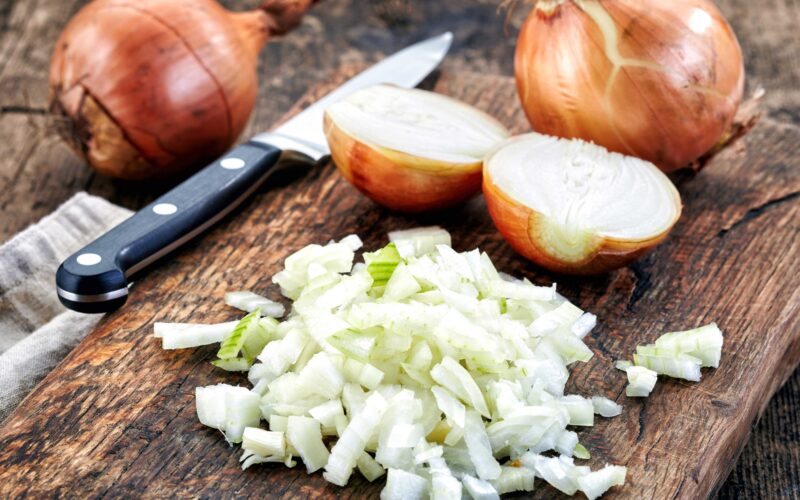Americans love to eat. It’s part of our daily routines and celebrations, and it’s a way to relax and unwind after a long day.
Unfortunately, the Center for Disease Control (CDC) reports that 48 million Americans get sick from a foodborne illness each year. That means that 1 in 6 Americans order a special treat from a commercial kitchen and go home with a doggy bag of disease-causing contaminates. Not the night out you were looking for, right?
But there are simple steps you can take to increase commercial kitchen safety, keep your customers and employees safe, and give you peace of mind.
1. Wear Gloves and Wash Hands Frequently
While these steps may seem obvious, they are key to preventing cross-contamination in your kitchen. Remember, even the tiniest amount of bacteria can make a person sick. Provide a dedicated employee hand washing station near the entrance to your kitchen. Require all employees to wash their hands with soap and running water for a minimum of 20 seconds before touching anything else in the kitchen.
Once their hands are washed, employees should wear kitchen gloves anytime they are interacting with food. But, gloves can give employees a false sense of safety. Remind them that gloves must be changed frequently, especially when switching between foods like raw meat, poultry, and prepared food ready to leave the kitchen.
2. Wash Fruits and Vegetables
Even fresh fruits and vegetables that are peeled or skinned before use need to be washed. Otherwise, you risk spreading germs from the outside of the produce to the inside portions that people will consume.
Designate a colander solely for washing fruits and vegetables. It shouldn’t be used for any other foods like raw meats or pastas. Run fruits and vegetables under cool running water and scrub well. You can also use an FDA-approved fruit and vegetable rinse for an extra-thorough cleaning.
3. Be Mindful of Food Storage Temperatures
Separate cold food storage areas should be used for raw meats, produce, and other prepared foods like sauces or dips. Fresh cut vegetables need to be properly stored away in cold storage and never left out at room temperature.
Foods of any kind should never be stored on the floor, and it is helpful to have thermometers to measure temperature in both freezers and refrigerators.
4. Don’t Mess with Shelf Life
Never use old or expired food. If it looks like you shouldn’t use it, don’t. It’s always better to throw out an unused product in foodservice than to risk making someone sick. Clearly label foods to keep track of when items arrive in your kitchen.
5. Use Gills Onions
Gills Onions is committed to setting the standard in food safety. Our priority is protecting the integrity of our product through each step of processing and shipment. Here are a few ways our process and our product can help you increase the safety of your kitchen.
Bulk onions can contain 100 to 1000 times more bacteria, yeasts, and molds than Gills Whole Peeled Onions. Once these contaminants enter your kitchen, it becomes very difficult to get them out. Instead, you can eliminate these germs before they arrive by investing in a fresh, value-added product.
Industry standard practices hard vacuum pack fresh cut products, but this method creates ideal conditions for lactic acid bacterial growth, spoiling the product faster and delivering a sour, fermented smell.
At Gills Onions, we’ve found a better, safer, and cleaner way. We gently pillow pack our onions, leaving some oxygen present in the bag. This prevents water accumulation and the growth of unwanted microorganisms.
And, our onions offer the longest shelf life in the industry.
Ready to try onions the Gills Way? For more information, contact our sales department.

